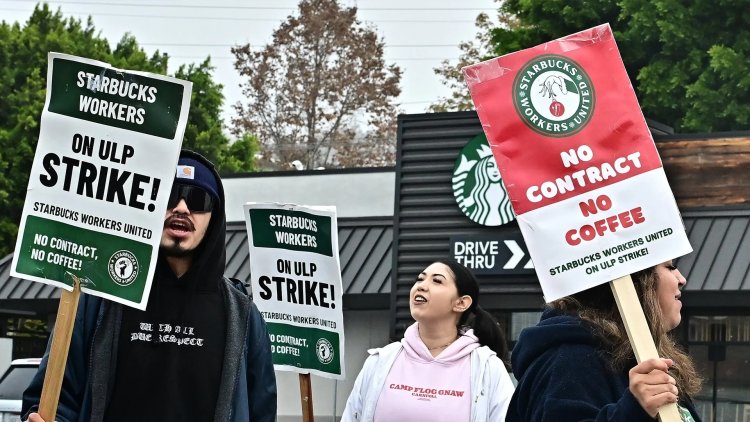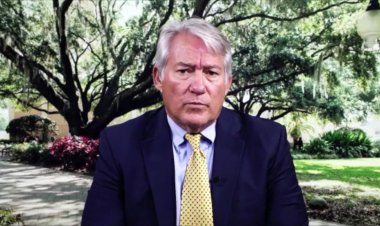Starbucks faces largest-ever strike over wages

In the largest-ever strike against Starbucks, thousands of workers walked off their jobs during a five-day protest culminating on Christmas Eve. The nationwide action, dubbed the "Strike Before Christmas," involved over 300 stores across 45 US states, with more than 5,000 workers participating according to Starbucks Workers United.
The union, representing employees at 525 stores nationwide, organized strikes across 12 major cities, including New York, Los Angeles, Boston, and Seattle. Workers are protesting over wages, staffing levels, and scheduling issues. The strike began after negotiations between Starbucks and the union reached an impasse, with workers rejecting an offer of no immediate wage increases and only a 1.5% future pay raise.
While the union claims more than 290 stores were "fully shut down," Starbucks maintains that 98% of its over 10,000 company-operated US stores remained open, with approximately 170 locations closed.
Workers have voiced concerns about inadequate compensation, with some reporting current wages as low as $15.49 per hour. Sam Poole, a New York political activist at the protest, noted that workers received only a 2% raise this year, "barely enough to buy even a cup of Starbucks coffee in a week."
Lynne Fox, Workers United president, expressed frustration over Starbucks' unwillingness to make immediate investments in barista wages or resolve numerous outstanding unfair labor practices. Workers like Jacob Bone, a Shift Supervisor and Bargaining Delegate, emphasized their dedication to serving their communities while struggling to afford living in them.
The strike has highlighted broader issues within the company, including understaffing during peak periods and the challenge of living costs for workers. Despite Starbucks claiming to offer competitive pay averaging around $18 per hour, many employees report struggling with basic expenses, with some commuting long distances due to housing costs near their workplaces.















